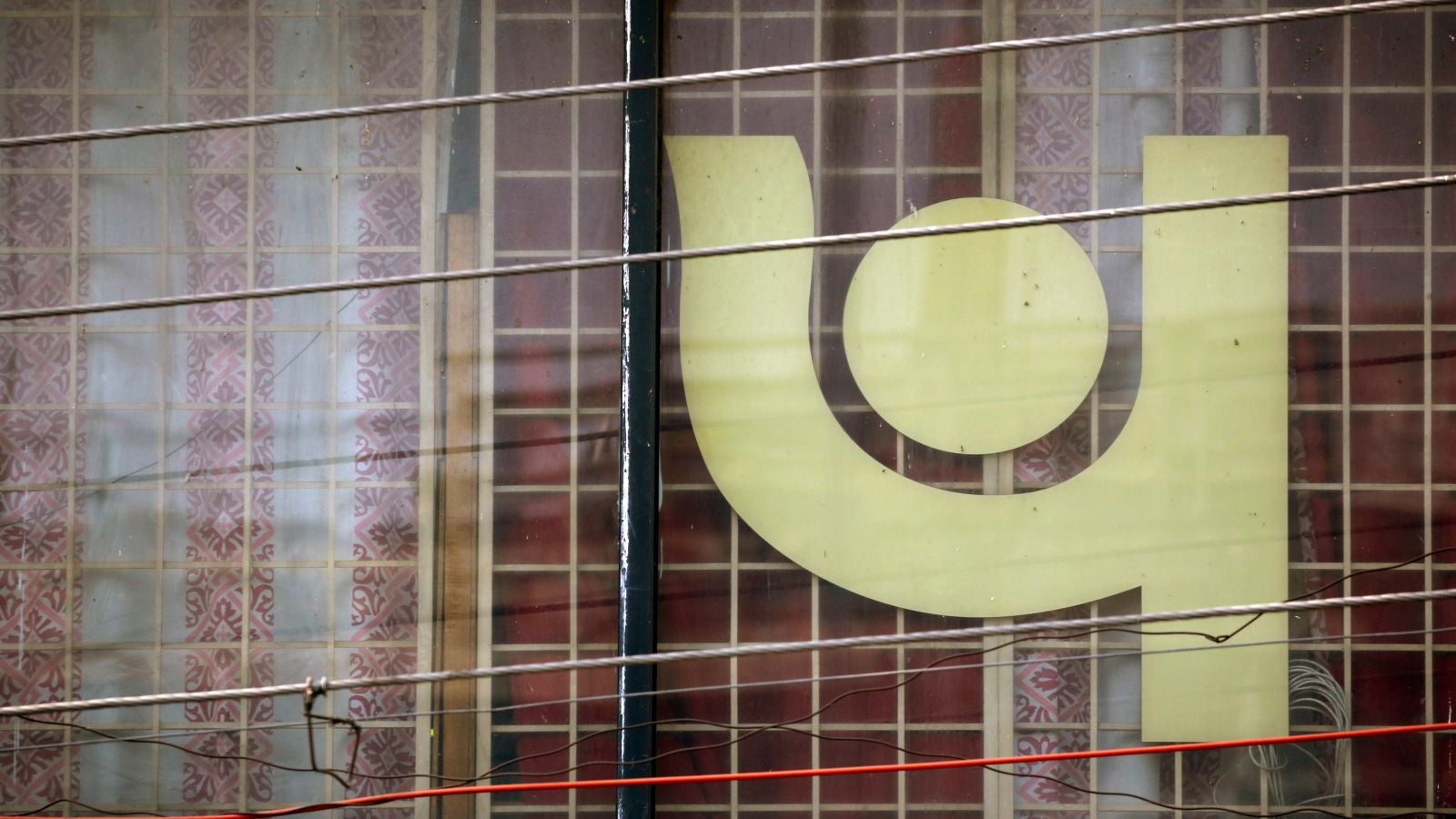Finally, heads are beginning to roll in India’s biggest bank fraud case
Three months after India’s biggest banking fraud was uncovered, the axe may finally fall on one of the country’s top bankers.


Three months after India’s biggest banking fraud was uncovered, the axe may finally fall on one of the country’s top bankers.
On May 14, the Central Bureau of Investigation (CBI), India’s top investigative agency, filed a charge sheet in the case where diamantaires Nirav Modi and his uncle Mehul Choksi were accused of defrauding Punjab National Bank (PNB) of $2 billion (over Rs13,000 crore) between 2011 and 2017. The duo have been on the run since even before the case was reported
In its 7500-page charge sheet, the CBI had accused 25 people, including Usha Ananthasubramanian, the chief executive officer (CEO) and managing director of PNB when the fraud was perpetrated. She is currently the CEO of another state-run lender, Allahabad Bank.
Two other PNB executive directors (EDs), K V Brahmaiji Rao and Sanjiv Sharan, were expelled soon after the charge sheet was submitted, the bank said in a filing to the stock exchanges late last night. Ananthasubramanian may also meet the same fate; Allahabad Bank has informed investors that it has called for a board meeting on May 15 to take up the issue.
Ananthasubramanian, along with two EDs, has been charged reportedly for criminal breach of trust, cheating, and for causing wrongful gains to the companies and wrongful losses to the bank. After an internal investigation conducted by PNB, the lender has also suspended over 20 officials.
The move comes after the Narendra Modi government directed state-owned banks to push out the senior employees named in the CBI charge sheet. “The government has instructed the government nominees to move board resolutions seeking divestment of their responsibilities…This was the duty of the senior management to minimise the risk in the system,” Rajiv Kumar, secretary in the finance ministry’s department of financial services, said on May 14.
Helpless or negligent?
At the heart of the PNB fraud was the Society for Worldwide Interbank Financial Telecommunications (SWIFT) messaging system, which is used by banks worldwide to enable cross-border transactions.
In 2016, the Reserve Bank of India (RBI) had warned banks about the abuse of the SWIFT interbank network for unauthorised transfers of funds. “The CBI chargesheet says that despite these red flags Ananthasubramanian couldn’t check these frauds. In fact, it is also believed that it was communicated to the central bank that all was well at PNB with regards to SWIFT,” a former PNB bank executive told Quartz.
Ananthasubramanian was previously chairperson and managing director of Bharatiya Mahila Bank, country’s first all-women bank, which was merged with State Bank of India in April 2017. Currently, she is also head of the Indian Banks’ Association, an industry body for the lenders.
“The accusations by the CBI against the top executive has taken cognisance of the fact that repeated red flags were ignored by the lender and for this the bucks stops at the management. However, it is negligence and not fraud but action needs to be taken to show that someone is accountable,” said Ashvin Parekh, who runs Ashvin Parekh Advisory Services, a consultancy firm.
More heads are likely to roll in this case. Other top executives at PNB, who served between 2011 and 2017, the period when the fraud was perpetrated, reportedly may also come under the CBI’s scanner.
Aside from PNB, 15 employees including senior officials of IDBI Bank, a mid-sized state-run lender, were booked by the CBI last month in a fraud case involving Rs600 crore. The government hasn’t initiated any action against these executives but Kumar maintained that requisite steps will be taken if needed.
“The moment I have definitive information either from the regulation side, supervision side, or investigation side, the government will not hesitate in taking action to protect people’s trust in the banking system,” Kumar added.